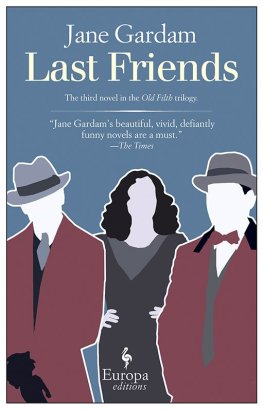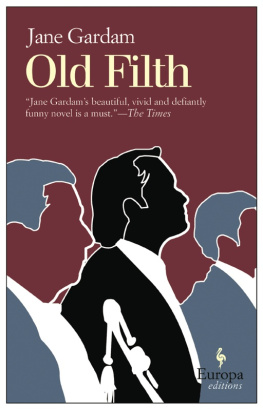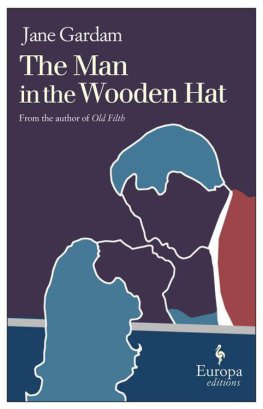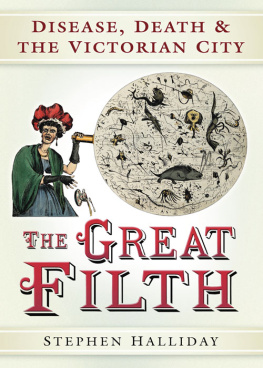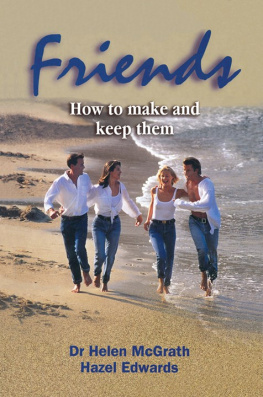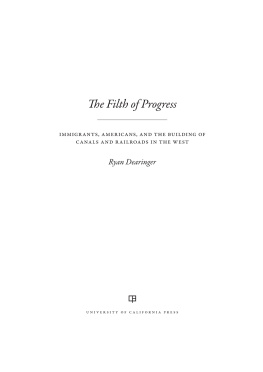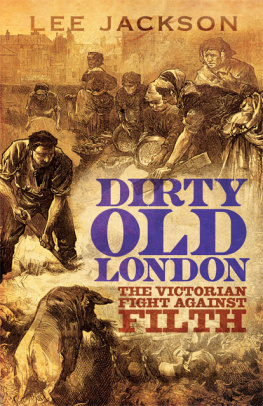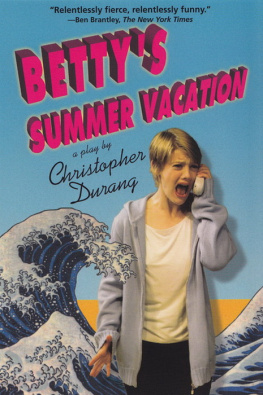The Titans were gone. They had clashed their last. Sir Edward Feathers, affectionately known as Old Filth (Failed in London, Try Hong Kong) and Sir Terence Veneering, the two greatest exponents of English and International Law in the engineering and construction industry and the current experts upon the Ethics of Pollution, were dead. Their well-worn armour had fallen from them with barely a clatter and the quiet Dorset village to which they had retired within a very few years of each other (accidentally, for they had hated each other for over fifty years) mourned their passing and wondered who would be distinguished enough to buy their houses.
How they had hated! For over half a century they had been fetching up all over the world eye-ball to eye-ball, Hector and Achilles, usually on battlefields far from home, championing or rubbishing, depending on the client, great broken bridges, mouldering reservoirs, wild crumbling new roads across mountain ranges, sewage-works, wind farms, ocean barrages and the leaking swimming pools of moguls. That they had in old age finished up by buying houses next door to each other in a village where there was absolutely nothing to do must have been the result of something the lolling gods had set up one drab day on Olympus to give the legal world a laugh.
And the laugh had been uneasy because it had been said for years well, everyone knew that Edward Feathers dead wife, Betty, had been the lover of Sir Terry. Or maybe not exactly the lover. But something. There had been something between them. Well, there had been love.
Elizabeth Betty Feathers had died some years before the arrival of Sir Terry next-door.
Her husband, Old Filth, Sir Edward, the great crag of a man seated above her on the patio pretending to shoot rooks with his walking-stick, a gin and tonic at his elbow, had, quite simply, broken his heart.
Birds and beasts were important to Old Filth. Donkeys years ago his prep-school headmaster had taught him about birds. It was birds and the language of the natural world and the headmaster whose name was briefly Sir, who had cured him of his awful child-hood stammer and enabled him to become an advocate.
His house, Dexters, lay in a long narrow dell off the village hill, bird-haunted and surrounded by trees. Beyond his gate, up the same turn-off and out of sight, Veneerings house stood at the top of the view. His taller, darker trees hung over the lane but the rooks ignored them. Rooks, thought Old Filth, choose their friends. They will only abandon a friend if they have fore-knowledge of disaster. Each night before sleep and each morning Filth lay in his bed straight as a sentry, striped Chilprufe pyjamas neatly buttoned, handkerchief in breast pocket carefully folded, and listened to the vigorous clamour of the rooks and was comforted. So long as he could hear their passionate disputations he would never miss his life at the Commercial Bar.
He did rather wish they had been cleaner birds. Their nests were old and huge. Ramshackle and filthy. Filth himself was ostentatiously clean. His finger nails and toe nails were pearly (chiropodist to the house every sixth week: twenty-five pounds a time) his hair still not grey but curly, autumnal bronze. His complexion shone and was scarcely lined. He smelled of Wrights coal-tar soap rather excitingly a commodity beginning to be rare in many parts of the country. He must have had something to hide, said young barristers. Something nasty in his wood-shed. What, Old Filth! they cried, Impossible! They were of course wrong. Eddie Feathers Q.C. had as much to hide as everybody else.
But whatever it was it would have nothing to do with money. He never mentioned the stuff. He was a gentleman to the end. There must have been buckets of it somewhere. Bucket upon bucket upon bucket, thanks to the long, long international practice. And he spent nothing, or nothing much. Maybe a bit more than the mysterious Veneering next door. He was not a vain man. He strode about the lanes in expensive tweeds, but they were very old. Not much fun, but never pompous. If he ever brooded upon his well-organised millions, managed by impeccable brokers, he didnt think about them much. He joked about them occasionally. Oh yes, I have held the gorgeous East in fee, he would say, Ha-ha, and quoting Sir, his headmaster. He himself never went to the theatre or read poetry, for he wept too easily.
After a time a lethargy had fallen upon Feathers. He lost the energy even to think about moving house. And maybe the old enemy up the slope had begun to feel the same. They never met. If occasionally they found themselves passing one another at a distance during an afternoon walk in the lanes, each looked away.
Then, after a year or so, something must have happened. It was never discussed even in the village shop but there were some astonishing sightings, sounds of old-English accents, staccato in the blue-bell woods. It happened over a snow-bound Christmas. Before long it was reported that the two old buffers were playing chess together on Thursdays. And when Terry Veneering died during a ridiculous jaunt foot in a hole on a cliff-top on the island of Malta and then thrombosis Edward Feathers said, Silly old fool. Far too old for that sort of thing. I told him so, but was surprised how much he missed him.
Yet he refused to attend Veneerings memorial service at Temple Church in London. There would have been comment and Bettys name bandied about. For all his Olympian manner Old Filth was not histrionic. Never. He stayed alone at home that day making notes on the new edition of Hudson on Building Contracts that he had been (flatteringly considering his age) asked to re-edit some years before. He had a whisky and a slice of ham for his supper and listened to the News. When he heard the returning cars of the village mourners passing the end of his lane from Tisbury station he sensed disapproval at his absence like a wet cloth across his face; and turned a page.
Nobody came to see him that evening, not even sexy old Chloe who was never off his doorstep with shepherds pies: not his gardener or his cleaning lady who had travelled to the memorial service to London and back together in the gardeners pick-up. Not Dulcie who lived nearby on Privilege Hill and was just about his oldest friend, the widow of an endearing old Hong Kong judge dead years ago and much lamented. Dulcie was a tiny, rather stupid woman, and grande dame of the village. Let them think what they like, said Old Filth into his double malt. I am past all these frivolities.
But the next frivolity was to be his own, for the following Christmas he took himself off alone to the place of his birth, which he still called The Malay States, and died as he stepped off the plane.
And so, on a cold morning in March the Dorset village of St. Ague was off to its second memorial service within a few months, first for Veneering, second for Filth, off to Temple Church again, waiting for the London train on Tisbury station. In prime positions were a group of three and a group of four all sombrely and correctly dressed but standing at different ends of the platform because although they were neighbours they were not yet exactly friends.
The group of four had recently bought Veneerings house, invisible from the road but known for its brashness and flamboyance and ugliness like its old owner and, like its old owner, keeping out of sight. They were father, mother, son and daughter, most ordinary people it was said, though it was vaguely thought that the father was some sort of intellectual.
Waiting at the front end of the train was the elder of the village: Old Dulcie the widow, with her daughter Susan and her twelve year old grandson Herman, an American child, serious and very free with his opinions. Dulcie was half his size, a tiny woman in grey moleskin and a hat made of what could have been the feathers of the village rooks. It was a hat bought forty years ago in Bond Street for the Queens birthday in Dar-es-Salaam where Dulcies husband had been an easy-going and contented judge even at a hanging.

